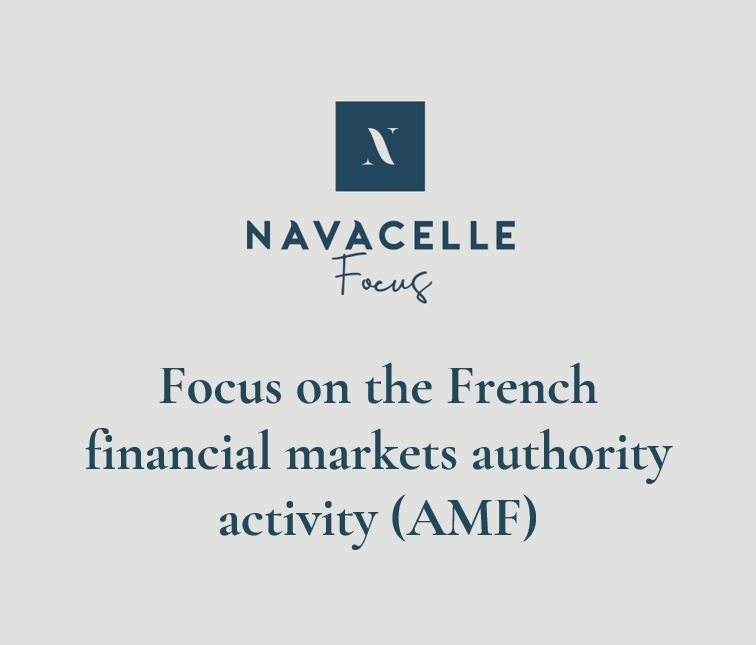The Clearstream case is a major political and financial scandal from the last decade which was closely linked with the Taiwan frigates case in the nineties.
Thomson-CSF along with the DCN (“Direction des constructions navales” – the Shipbuilding directorate) entered in business with the Taiwanese naval forces in 1989 in order to sell six military frigates. At first, the French President, François Mitterrand, was opposed to this deal on the advice of the Minister of foreign affairs, who wanted to preserve good relationships with China.
Between 1989 and 1991, many payments were offered to Chinese high-ranking officials, Taiwanese military officers and other French politicians for a total amount of 3 billion francs. But after a change of government in Taiwan, in 2001, bribes were exposed and Thomson sued before an arbitration tribunal which sentenced the French company to pay more than 1 billion dollars.
In 2004, this case came up again with the receipt by investigating magistrateVan Ruymbeke of a list of bank accounts (from the Luxembourgish bank Clearstream) whose owners were supposed to be linked with the bribes of the Taiwan Frigates. This document incriminated many French officials including Nicolas Sarkozy (minister of Economy at the time). Finally, the inquiry showed that this document was a fake with purpose of harming the people listed (mostly business men who were leading the arms market in France) and revealed the identity of the authors (Jean Louis Gergorin and Imad Lahoud) who were sent to jail on the ground of defamation.
Many protagonists were involved in these cases and only few are mentioned here.
However, a new judgment concerning the Clearstream case has been delivered by the French Supreme Court (‟Cour de Cassationˮ) on October 25, 20171. Indeed, two other protagonist of the Clearstream case were prosecuted for influence peddling the director of the DCN (at the time of the scandal, Gérard-Philippe Menayas) and a member of the DST (direction de la Surveillance du territoire – the internal intelligence service), also working as a business intelligence consultant. The director of the DCN had asked the consultant to use his influence toward the DST to get information about the content of the “Clearstream list”. This high Court decision concerned only the ex-director of the DCN (the other had not appealed the first instance judgment). He was convicted for active influence peddling by the first instance tribunal and court of appeal.
In its decision of October 25, 2017, the French Supreme Court overturned the decision of the Court of appeal considering that: “obtaining a document through an agent of the public administration does not amount to obtaining a favor from a public administration within the meaning of Article 433-2 of the Criminal Code, even if this document is not accessible to the public”.
According to case law, the favorable decision of the public authority must have been obtained by illegitimate means to characterize the influence peddling.














